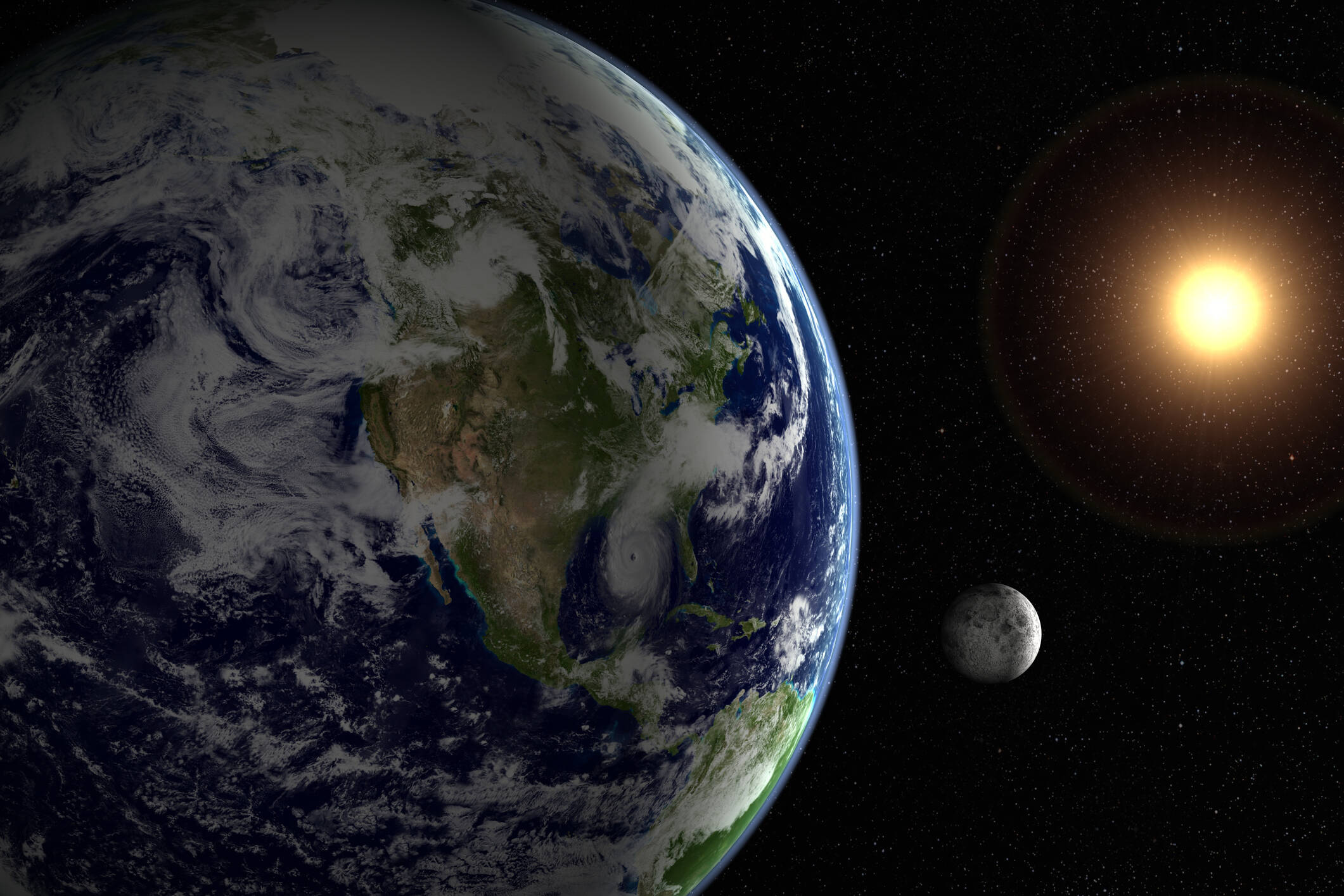This summer has some of the shortest days in history due to the acceleration of the Earth's rotation.

The current Northern Hemisphere summer has some of the shortest days on record due to the acceleration of the world's rotation , according to data from the International Earth Rotation and Reference Systems Service (IERS) and the U.S. Naval Observatory.
July 9 and 10 were some of the shortest days on record , lasting an estimated 1.23 and 1.36 milliseconds less than the official 24-hour duration, according to the Time and Date website, based on statistics from the IERS and the U.S. Naval Observatory.
These figures are close to the record set on July 5, 2024, when the day lasted 1.66 milliseconds less. Furthermore, scientists predict that the upcoming July 22 and August 5 will also be among the shortest days in history, with the former lasting 1.38 milliseconds shorter and the latter up to 1.51 milliseconds shorter.
Experts have noticed that the Earth has accelerated its rotational speed since 2020 , so the five shortest days in history have been documented since then, but they consider this temporary, as the long-term trend is for the world to spin more slowly.
The U.S. Naval Observatory's Earth Orientation Department confirmed in a report that "the most recent information, obtained with greater accuracy and regularity, has shown that changes in acceleration have caused irregular variations in the length of the day."
Moscow State University researcher Leonid Zotov, one of the world's leading experts on the Earth's rotation, told Time and Date that "no one expected this" and that there is still no explanation for the current acceleration of the globe.

The long-term trend is for the world to spin more slowly. Photo: iStock
"Most scientists believe it's something inside the Earth. Ocean and atmospheric models don't explain this enormous acceleration," Zotov told the outlet.
Another specialized scientific outlet, Live Science, explained that the speed of rotation depends on factors such as the position of the Moon and Sun, as well as the Earth's gravitational field. "With the moon closer to the poles, the Earth begins to spin faster, making our days shorter than usual," it noted this week.
See also: 
Types of planets. Photo:
eltiempo





